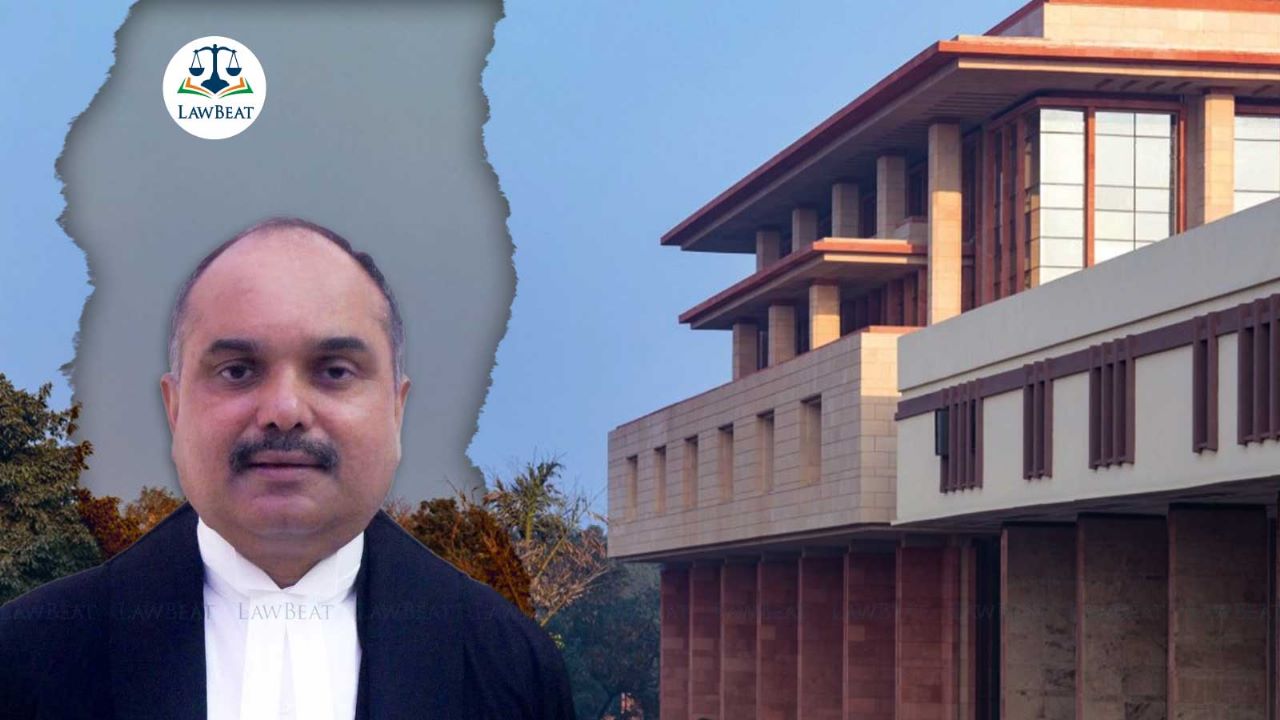While scrutinizing plaint, it is court's bounden duty to ascertain material for highlighting cause of action: Delhi High Court

The Delhi High Court while allowing an application for rejection of plaint defined Cause of Action in the suit filed.
The Delhi High Court on Wednesday allowed an application seeking dismissal of a suit on the ground of not disclosing the Cause of Action.
The single judge bench of Justice Chandra Dhari Singh allowed the instant application filed by defendant as plaintiff had not disclosed the cause of action in the plaint.
“While scrutinizing the averments in the plaint, it is the bounden duty of this Court to ascertain the material for highlighting and showing the cause of action for filing the suit. It is also worthwhile to find out the meaning of the words ‘cause of action’. The cause of action is bundle of facts which, along with the application of the law prevailing, gives the plaintiff the right to seek relief against the defendant. Every fact which is necessary for the plaintiff to prove to enable him to get a decree is to be set out in clear terms. A cause of action must include some acts/omissions done/omitted to be done by the defendant,” the court observed.
The instant application was filed by one Renu Mittal under Order VII Rule 11 of CPC seeking rejection of suit on the ground that the plaint did not disclose the cause of action for grant of permanent injunction and a decree for partition. The counsel for Renu submitted that the respondent- Akshat Mittal had failed to elaborate the details of HUF and had not placed on record any document to show if there existed any HUF under their family. Hence, it was argued that plaintiffs had no cause of action.
“An HUF property is a property belonging to an HUF having a particular colour. Pursuant to the enactment of the Hindu Succession Act, 1956, when a male descendant inherits a property from his paternal ancestors, such inheritance itself would not constitute a separate HUF property in the hands of the person who inherits it,” the court observed.
Court placed reliance on various judgments given by the Apex court in the cases of Commissioner of Wealth Tax, Kanpur vs. Chander Sen, Yudhishter vs. Ashok Kumar & Saleeem Bhai vs. State of Mahrashtra and others.
The court stated that a HUF property comes into existence when either a person has inherited the property from his male ancestors prior to passing of Hindu Succession Act, 1956 or when a person has thrown his self-acquired property/individual property in common hotchpot after the passing of Hindu Succession Act, 1956. “An HUF does not come into existence merely by uttering a mantra of there being a joint Hindu Family or Hindu Undivided Family,” said the court.The court while allowing the instant application to dismiss the plaint said, “instant application is fit to be allowed, since the learned counsel appearing on behalf of the defendant no. 1/applicant has been able to establish that the captioned suit has been filed without delineating any cause of action in the plaint,” Court said.
“The filing of captioned suit by the plaintiffs is a clearly an abuse of process of law. The plaint filed on behalf of the plaintiffs is bereft of any merit and is, hence, liable to be rejected,” the court observed.
Case Title: Akshat Mittal & Ors. vs. Mrs Renu Mittal & Ors.
